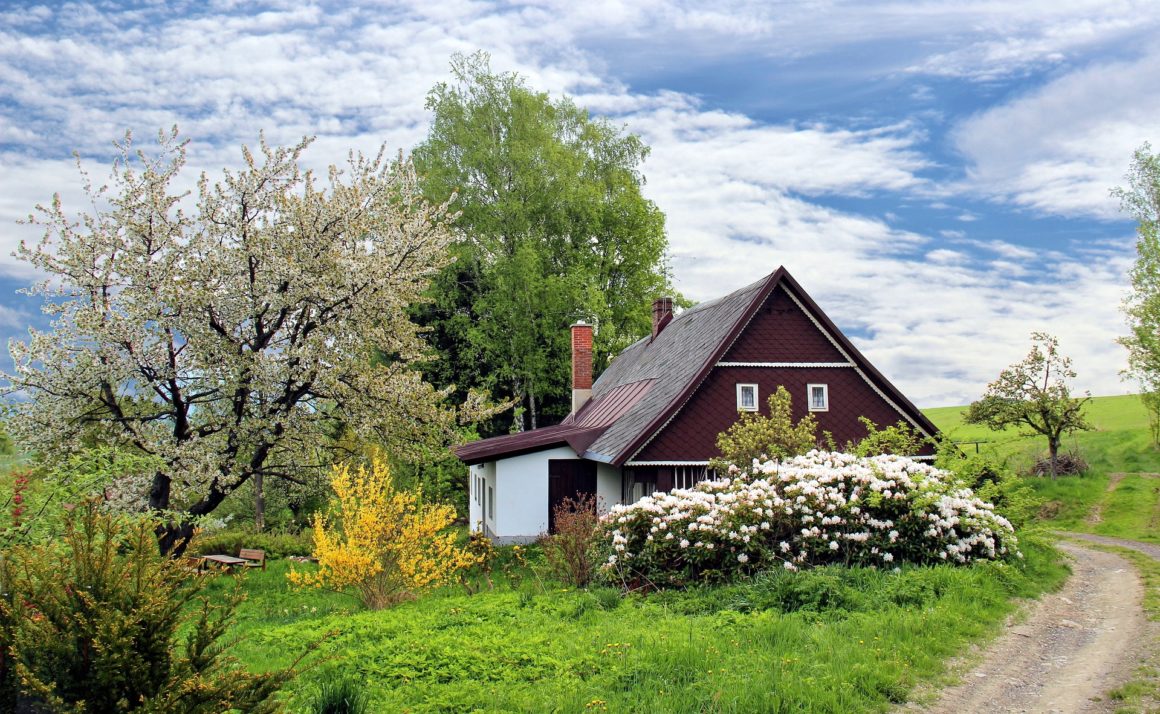
Is Home Ownership Really An Investment?
Home ownership, so engrained in our culture that it virtually defines the ‘American Dream.” But is it really a good investment and is home ownership really something to which every veterinarian should aspire? The answer not surprisingly is “its complicated.”
The National Association of Realtors (NAR) is a group that not surprisingly has a vested interest in promoting the benefits of home ownership. Their website unabashedly proclaims “The financial and tax benefits of owning a home vs. renting are very clear.” They also like to disseminate data that suggests that historically; home prices increase an average of 6.4% every year. As my father was fond of saying, “ figures don’t lie but liars can figure,” so let’s look at the facts. A 6.4% annual return sounds impressive, but consider this: during the same time period, the S&P 500 experienced average annual returns of 9.45%. If you had just put money in the stock market you would have done considerably better.
The argument can be made that you can live in a home, but you can’t live in a mutual fund. Fair enough, but when we consider inflation, treating a home as an investment begins to look even more questionable. Inflation during that same period averaged 4.81%! If we factor inflation out of the NAR’s 6.4% annual increase, it becomes a paltry 1.6%. Ouch! If we invested the money in stocks we would still have had 4.64% of after inflation returns.
Size matters!
Don’t let anyone tell you otherwise, home size matters. During this same 36-year period, the size of an average home increased from 1,500 sq. feet to 2,349 sq. feet. That’s 1.6% per year – suspiciously, that’s also the after inflation increase in home values. Essentially, all of the increase in home value can be attributed to inflation and size, not increased value. This is something the NAR probably doesn’t want to hear.
Houses aren’t cheap to maintain !
Not only have home values not really increased, they are expensive. Nationally, property taxes cost homeowners $3,296 (1.15% of home value) per year. In some areas it can be much higher. Surprisingly while New York City has relatively low property taxes, New Hampshire and New Jersey are among the highest. There is no other investment that I can think of that will cost you $3K or more a year.
My 401K never needs a new roof. My IRA’s air-conditioner never needs replacement. I don’t paint my mutual funds. Make no mistake homes are expensive to maintain. One rule of thumb suggests that you should put 1% – 3% of the value of a home aside each year for annual maintenance. My personal experience purchasing a 9-year-old house is that initially, expenditures can be even higher. Even if your expenses only average 2% per year, between maintenance and taxes a home is actually costing you 3.15% per year.
But what about the tax deduction?
The NAR likes to point out that one of the benefits of home ownership is the “tax deduction.” How does a tax deduction work? Suppose you earn $100,000 a year. You purchase a $300,000 home taking a $240,000 30 year mortgage at 4%, You would pay ~$9,800 in interest your first year. When you file your income taxes instated of being taxed on $100,000 you could claim $90,200 of income ($100,000-$9,800). Mortgage interest is tax deductible. This is a good thing – isn’t it? Well, 90% of American families the answer sadly is: no.
Everyone gets a “standard deduction.” If you are single its $12,000. Married couples get to claim $24,000. So for the single veterinarian purchasing the $300,000 home above, she has a choice. She can take the interest deduction of $9,800 or the standard deduction of $12,000 but not both. For most veterinarians the answer will be to take the standard deduction that you get whether or not you own a home.
Liars can figure….
Lastly, lets look at the period of time that the National Association of Realtors (NAR) selected. It’s no accident that they picked and continued to use 1969 to 2004. The NAR has data on virtually every home sale in the nation – so why do they continue to taut a period of time that ended fifteen years old? During the late 90’s and early 2000s there was a home buying craze that sent prices up as much as 50%-100%. Including this data makes the 6.4% price increase per year possible. Then in 2007 the housing market collapsed resulting in foreclosures and forcing otherwise financially stable individuals to walk away from their homes and sadly, sometimes even their pets. Nationally, prices fell up to 40%. In some locations, property values have still never fully recovered. The NAR uses this cherry picked data because it presents their argument in the best possible light.
So should veterinarians buy homes?
I’m not suggesting that veterinarians shouldn’t own homes. I own one. I just think its important that we be educated consumers and act based on rational decisions. Just because we are American, we shouldn’t blindly follow a dream. There are benefits to owning ones own home. A few months ago we decided to change the flooring in the “study.” We didn’t consult with a landlord – we just did it. When I was in veterinary school, I had a landlord who was in the habit of walking through units when no one was home. Sounds creepy, but could he legally do this? Yep, it was actually written into the lease! Certainly privacy has its value.
Lastly, when renting we get a place to live, maybe a community pool and not much else. Homeowners get a place to live and over time they do build equity. In a sense, a home is like piggy bank, but one that tends to compensate its owners for inflation. But, unless you live in some very specific parts of the country (i.e. San Francisco, NYC, etc.) It’s unlikely to be the great investment that is often touted.




